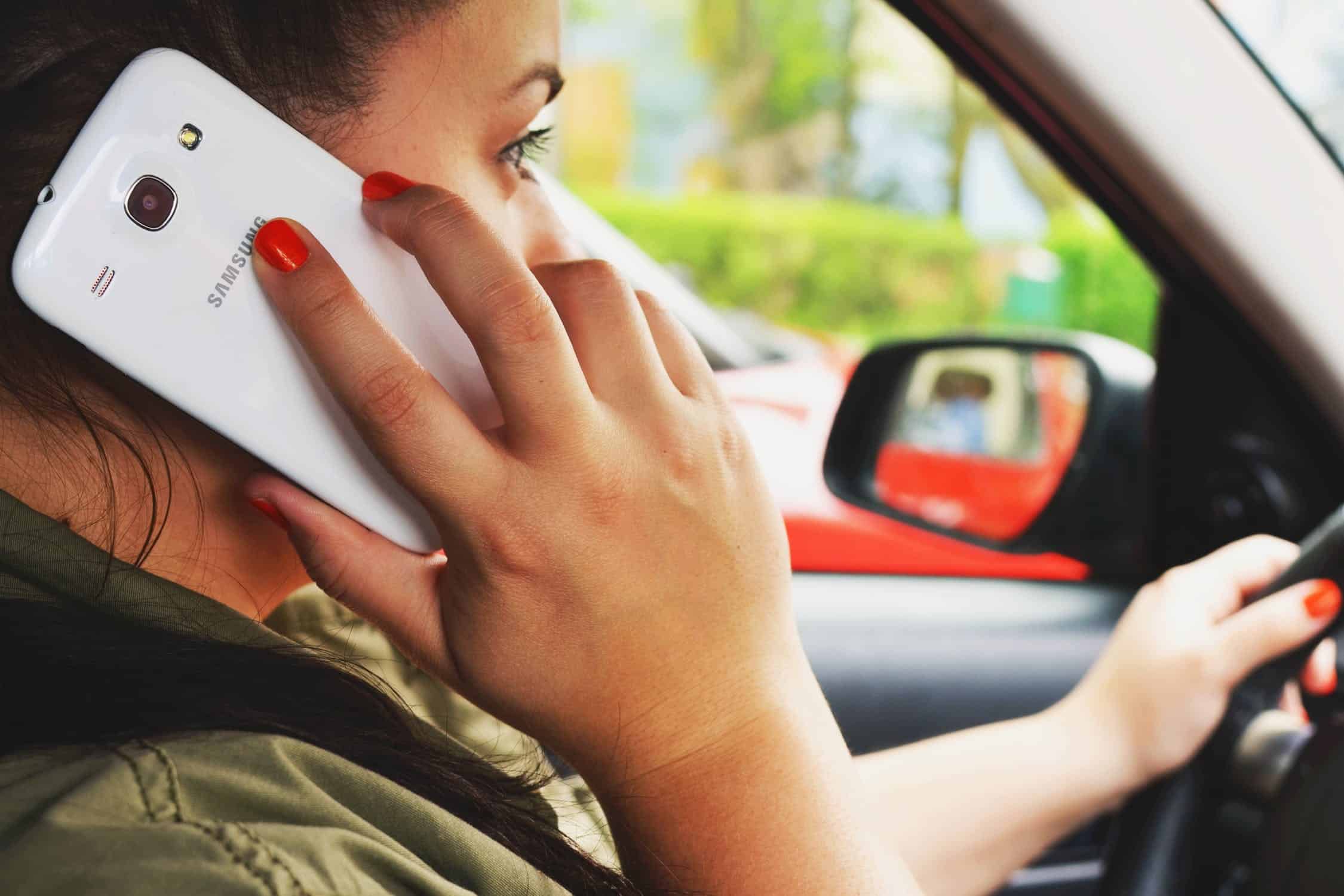Getting into an accident can be incredibly stressful. Whether a minor fender bender or a major, life-changing collision, such incidents have a way of testing just how well we perform under pressure. In most cases, car accidents send people spiraling. Injuries, serious property damage and the pressure of traffic piling up behind the incident can stress out even the most cool-headed among us. Regardless of how serious the accident it is, collisions can be incredibly jarring. It’s no wonder that so many folks make mistakes when dealing with the aftermath.
There’s no use crying over spilled milk, but the decisions made in the moments following a crash can have a serious impact on the insurance claims filed and legal action taken afterward. Make a mistake and you could jeopardize your right to the compensation for the medical bills, car repairs and other damages you’re owed. It’s easy to believe that you’ll stay calm under pressure, but without a full understanding of the recommended procedures post-accident, you’re at risk of making mistakes. Keep reading to better understand who you should call first after a wreck.
Who Not to Call (At First!)
When something goes wrong, it’s tempting to call our closest loved ones for help. After all, our spouse, parents, siblings, and friends are there for us through thick and thin. Turning to someone you trust in a moment of panic is a natural reaction. Unfortunately, though, doing so is not in your best interest. Save the calls to your loved ones until a little later.
Also, consider saving calls to the insurance company until later. Though your insurer should indeed be one of the first few calls you should make in the wake of a collision, there isn’t much they can do to help you in the immediate aftermath of the wreck. While your insurance company can certainly help you get your car repaired and hold the at-fault driver accountable for their actions, they can’t help you direct traffic or move your car out of the way of traffic.
911 vs. the Non-Emergency Line
Regardless of how large or small the wreck might be, your first call should always be to the local police. Of course, calling 911 is the best option if you or someone else involved in the accident has suffered injuries. The operator can order an ambulance to the scene for treatment, call in help from the fire department to rescue victims from cars and request police presence to help assist with traffic direction and filing an accident report.
On the other hand, you may want to call your local police department’s non-emergency line. If the accident did not result in injuries and the cars are not disabled in the middle of the roadway, simply phone the non-emergency line and alert them to the incident. In some cases, the police may not come to the scene at all. Instead, they’ll make a report of the incident over the phone. This is especially common with accidents resulting in little to no damage.
Beyond the First Call
After calling 911 or the non-emergency line, there are several other people to consider dialing up. You might forgo calling for an ambulance if you’re not obviously hurt, but it’s a good idea to get checked out by your doctor even if you seem fine. Some common car accident injuries take several days to become noticeable. If you wait until you’re in pain to get examined by a doctor, you could have trouble linking the injury back to the wreck. Instead of running that risk, call your doctor and get an appointment as soon as possible.
You may also want to call an attorney for advice about how to proceed. While this phone call can certainly wait, it’s generally agreed that the sooner you talk with a lawyer about your incident, the better. In some cases, calling your attorney should even precede your call to your insurance company.
Ultimately, it pays to make these calls in the right order. Fail to do so and you could face more legal trouble than you bargained for or miss out on the chance to get your accident reported to the police. Without such a report, recouping the costs associated with your accident can be an uphill battle, even if you weren’t to blame for the wreck.
If you’ve been involved in an accident and are looking for resources to help with the aftermath, look no further than Lawsuit Info Center. Start with our handy car accident settlement calculator before connecting with a car accident attorney in your area. When you’re not sure where to turn after a crash, rely on Lawsuit Info Center for the best possible outcome.


